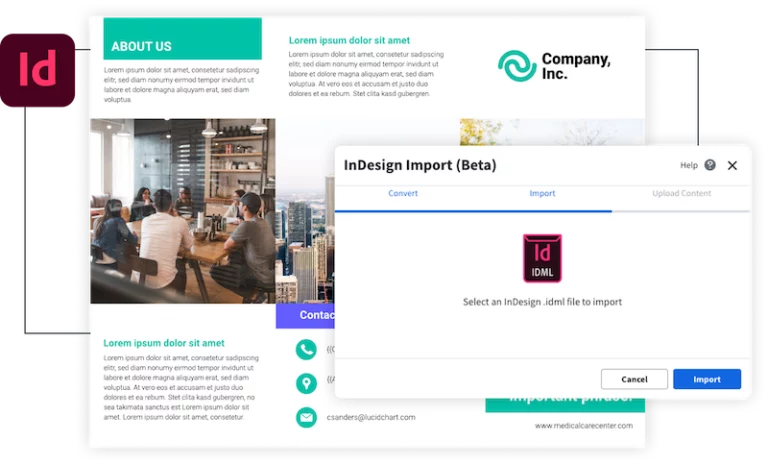Positive impact of AI in the Education Sector
1.Personalized learning is the new approach
One of the most significant impacts of AI in the education sector is how it has personalized the way we learn. Not every student is the same, their interests and IQs vary.
AI provides to the needs of students by identifying their weak spots, analyzing their behavior and learning patterns. Accordingly, AI creates a tailored plan for the students to learn at their individual speeds.
2.Structured information is the key
AI delivers organized information enabling students to effortlessly access knowledge from varied sources. Through AI-driven systems educational platforms classify information for students such that it’s easy for them to locate relevant resources.
For instance,
In business, data is organized to enhance targeted marketing campaigns and to create a more promising personalized customer experience.
In education, study materials and courses are organized for effective learning.
In personal life, individuals can reduce stress by organizing their routine tasks for better productivity.
3.Empowering the specially-abled
The adaptability of AI is such that it understands the distinct requirements of every individual and provides to them accordingly. Customized learning experiences are created using AI to match the pace of each student.
AI is significantly enhancing the lives of people with special abilities. Offering better resources to the disabled is one area where AI truly shines, similar to tailored learning.
4.Refined educational quality and high academic standards
A cutting-edge strategy to improve student engagement at all educational levels is provided by artificial intelligence. AI is able to dynamically change course content, deliver real-time feedback, and assess student engagement through interactive learning techniques outside of traditional schools.
5.Better accessibility
AI technology breaks through barriers like financial position, location, and handicap, making people more equal. Thanks to learning technologies driven by AI, young learners can access all educational opportunities regardless of their backgrounds or locations. For instance, with AI-powered language learning apps, students can learn a new language at their own pace and without the assistance of a teacher.
6.Cost-effectiveness
The affordability of AI is another advantage. Technology can reduce education costs by automating laborious jobs and enabling individualized learning for each student. This could reduce the need for tutors and teachers, saving both students and educational institutions time and money.
Negative impact of AI in the Education Sector
1.Job losses
In the near future, enormous levels of automation brought about by the rapid development of artificial intelligence will have a significant impact on the world workforce. Although AI has clearly improved a number of businesses, its advancement comes at a clear cost to humankind.
2.Curbed emotional intelligence
Artificial intelligence can make learning from data easier for machines, but it can’t exactly duplicate the human brain and its abilities. The level of analytics employed by the designer will determine how accurate the findings produced by an AI-powered system will be.
3.Discrimination and inequality
The data that AI algorithms are educated on determines how objective they are. An AI system will be biased if the data it was trained on is skewed. This may result in prejudice against particular groups of people. It has been demonstrated that facial recognition algorithms have lower accuracy when detecting people with darker skin tones.
4.Privacy and security
Like any technology, AI systems are susceptible to hacking and cyberattacks. A successful attack on an AI system, however, may have much more negative effects. An attacker could, for instance, influence an AI system to act in a way that is unexpected or risky. Although All about education app development companies develop the best security possible, it is still susceptible to attacks.
5.Technology dependency
AI is nothing without technology. For accessing AI one should have knowledge about current technological devices like computers, and smart devices. This shows the clear reliance of AI on technology. So, if any student wants to connect with AI then access to these technical devices must be given to him. This will lead to declined problem-thinking abilities of students.
6.Incorrect Access to Information
Nowadays, there is no other option except for digital information. However, the students’ data could also be vulnerable to hacking, just like any other technology. Schools always run the danger of personal information being misused if it comes into the wrong hands. AI has all the potential to bring drastic positive changes in the field of education but it should be implemented with caution.
Instead of replacing teachers in the classroom, AI should be used to assist them. Teachers should work with AI-powered learning tools for personalized education and feedback. Installing smart classrooms and introducing them to the kids is a good idea.




